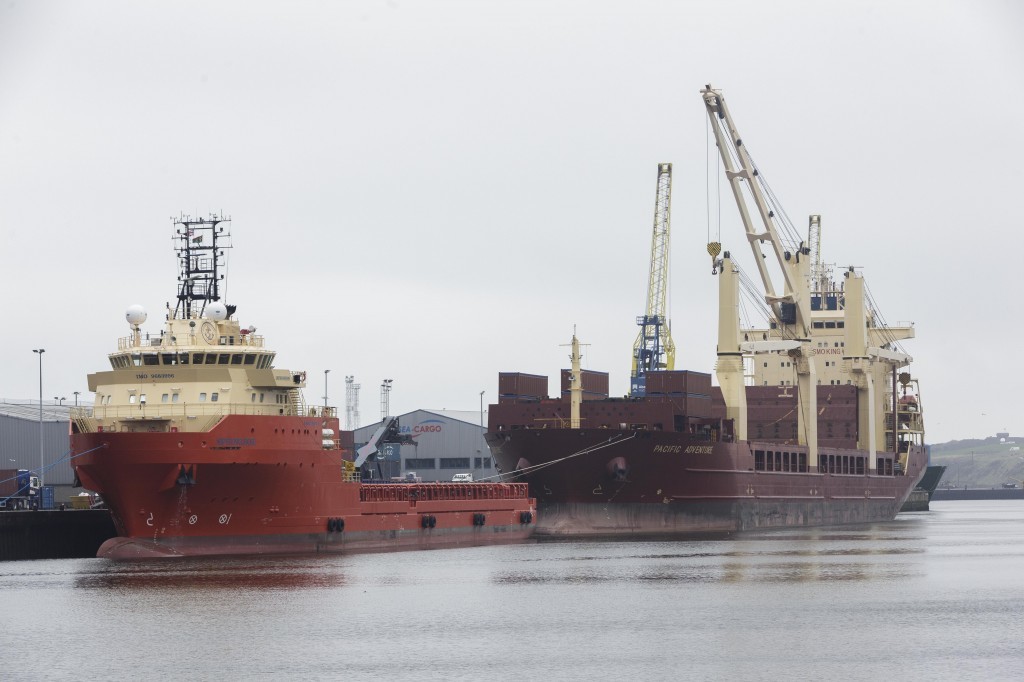
North Sea production and investment will face dramatic declines if oil prices remain at current lows, a new report has warned.
More than three billion barrels of oil and investment of over £80billion could be lost over the next 45 years if oil stays around the $70-a barrel price.
Oil fell to a five year low – below $68 – yesterday but rebounded to just over $72 as Professor Alex Kemp and Linda Stephen of the University of Aberdeen unveiled their latest evaluation of the impact of falling oil prices on the North Sea.
The report: Price Sensitivity, Capital Rationing and Future Activity in the UK Continental Shelf after the Wood Review, compared the effects of production, expenditure and decommissioning spend in the case that oil was $90 and $70 a barrels in today’s prices. It also included the effects of the price of gas at 58p per therm and 45p.
Oil production could fall from 15billion barrels of oil to just 11.9billion up to 2050 if oil stays at $70 a barrel, the report found, with equally difficult consequences for development and operations expenditure and decomissioning.
Professor Kemp said the results of the research were “worrying” and that the industry would be forced to cut costs further was well as continue its drive to increase production efficiency.
He added that the UK Treasury would also need to press ahead with industry tax cuts as it unveils its North Sea fiscal review this week.
He said: “Production was already going to be falling a bit from the present peak, but with the price falls it will fall more sharply. I’m afraid the whole supply chain will feel the effect.
“The price fall has increased the need for tax incentives to be introduced.
“We are also saying that the new regulator has an even more important job to enhance production efficiency, get more effective collaboration and better access to third party use of infrastructure.
“The industry will have to have a cost reduction initiative too.”
The role of the new regulator, the Oil and Gas Authority, would also be crucial in improving the continued viability of the North Sea.
He said: “If production efficiency can increase from just over 60%, which it has been recently, up to 80% that would make a big, big difference to the welfare of the whole industry.
“Clearly the new regulator has an important job to facilitate that.
“It would be a major achievement if it did over the next five years. There’s an industry task force hoping that this can be done. But even if it rises from 60% to 70% over a six year period, we are talking gains in billions.”
Recommended for you

